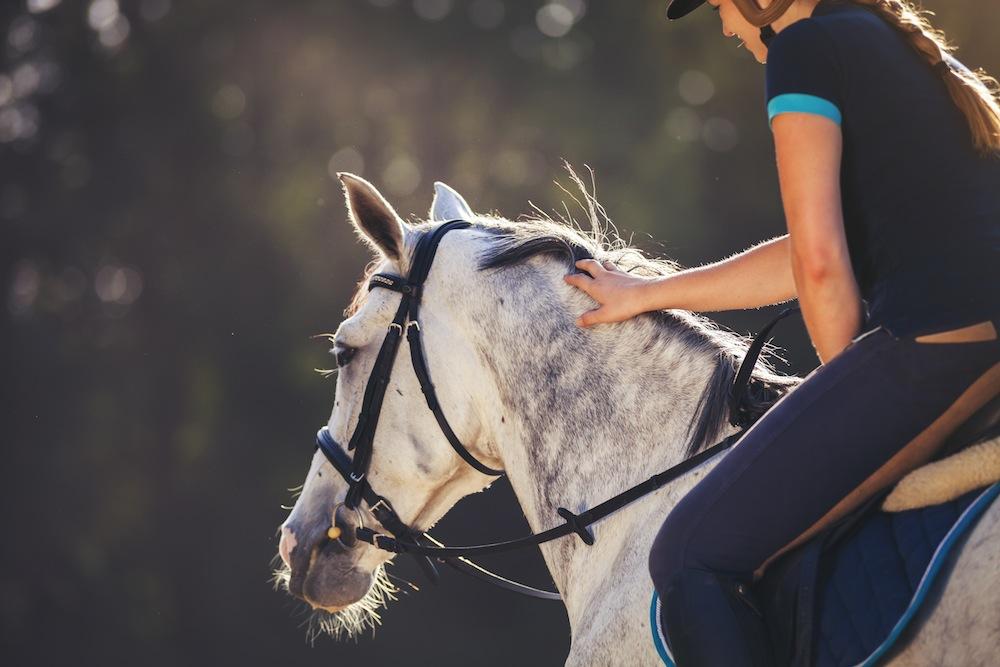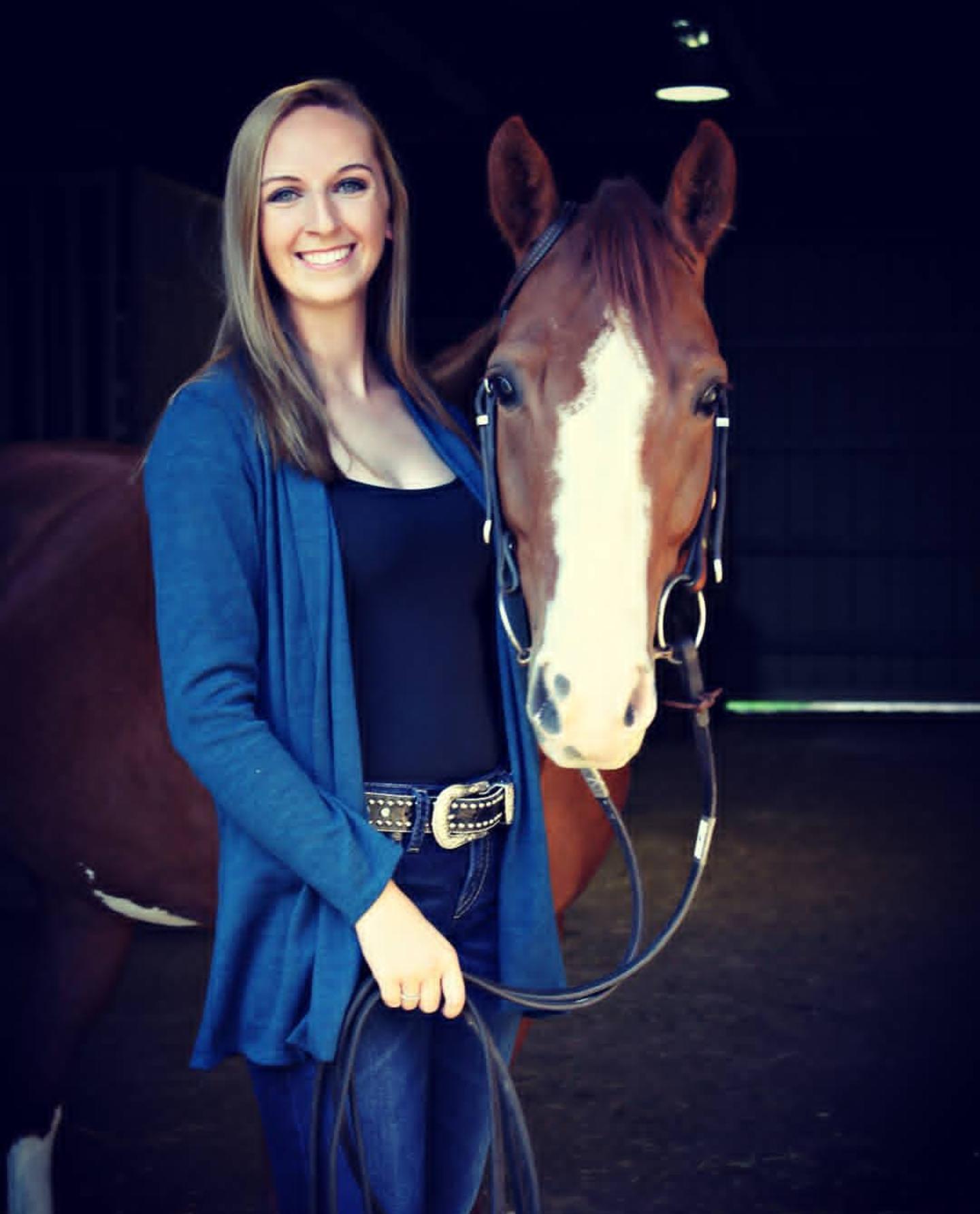
Playing the Game: Client Relation Tips for Trainers
Trainers need to have more than horsemanship skills: business acumen and interpersonal skills are critical for survival. Claire Trafton shares some details.
It’s important for trainers to understand that running their own training business is just that – a business. At the end of the day, successful business owners know that client relations are at the heart of all horse-related business relationships.
You make money by providing value – and with that said, owning a horse or taking riding lessons is considered a leisurely expense to your clients, much like a vacation or gym membership.
It’s important for trainers to remember that clients are consumers. In a free market, they can decide who they wish to spend their money with. Customer service matters in horse sports just as much as any other business and bad experiences can lead consumers to leave the horse world altogether.
Here are some tips for trainers to keep in mind when dealing with clients:
Train The Horse, Coach The Rider
Clients pay you because they are unable to do your job. That could be from training their green three-year-old to wrapping polos and everything in between. Teach your clients, young and old, how to improve their overall horsemanship skills. A good trainer teaches the horse. A great trainer teaches the horse and the owner in a meaningful way.
The same way a personal trainer might push a client, you may have to push your riders–but there’s a difference between a supportive push and belittling a client or making them feel incompetent. Your relationship as a coach or instructor should always be constructive.
Loop the Loop: Communicate
Keeping your clients “in the loop” is important to avoid miscommunication – which causes a whole slew of problems. Owners want to know what you’re doing with their horse and how things are going. Imagine leaving your child at a summer camp – you want to know your child is in good hands and being cared for.
To many horse owners, these animals are another member of the family – don’t treat them like a number even if you have 25 to worry about. Be honest with your clients and let them know when something is wrong or if an injury arises (even small) so they can feel confident you are giving their horse the attention it deserves.
May I Have Your John Hancock?
Having contracts and transparent financial expectations gives the client in writing their bang-for-their-buck. For many clients, horse expenses take up a large amount of their income and clearly outlining costs can help your clients budget better (to take advantage of more of your services) and help avoid conflicts later.
Contracts provide transparency and make sure everyone is on the same page. Literally.
Giving All To The Present
The most successful people are “present” during their client’s paid time. It is important to make the owner feel valued and important. A key to charisma is when you talk to someone, make them feel like the most important person in the room. Anyone who has a business has people contacting them from every direction. It can be hard to disconnect in this tech era, but be aware of your cell phone usage in front of clients. A client will feel like their time isn’t important if you’re on the phone during a lesson. Clients will be more satisfied when you are genuinely interactive with their experience.
Owner’s Goals Matter
Your client brought the horse to you for a reason. What do they want to accomplish? What level are they comfortable with? Is the horse too green? Is this the best horse for them?
The owner’s goals may not suit what the horse is capable of, so finding a better fit might be the next step. In this instance, the client’s comfort and happiness should take priority. A client’s worse nightmare is spending too much of their income on a horse that will never help them obtain their goals. By being transparent with the client about the horse’s level of training and potential, you can build trust with the client and help them reach or reassess their goals.
Home Sweet Home
In your leadership in the barn, you should facilitate a community where all clients are equal and treated with the same expectations. Your barn needs to be a safe learning environment for students to improve their skills without judgement. Nothing is worse to a client than feeling like they don’t fit in.
Make sure to include all your clients whether they are your top show riders or not. You don’t have to spoil your clients, but you do need to make an effort to create a pleasant experience. Encourage them to come to the barn more frequently, attend events, or stay longer to watch other lessons. Always introduce clients and equestrian community members to each other. Give your clients the opportunity to take advantage of your services and be an active community member at your barn.
Eat A Piece Of Humble Pie
An inflated ego can quickly destroy a growing career. Success in horse sports is never achieved alone. For many trainers, clients provide a barn full of horses to ride and compete so you can finance your goals with a personal horse or they may be providing you with a competitive mount. It’s often hard for trainers to remember this when getting swooped up in their own success, but unless you have a generous sponsor paying for everything you do, it’s important to keep your feet here on earth.
Treat the janitor with the same respect as the CEO. It speaks volumes about someone’s character when they step off their high horse and show gratitude for their supportive team: employees, clients, friends, and family. Share some love for the horse you partnered your success with and don’t forget those who shined your boots or fixed a popped braid. Teamwork makes the dream work!
Moral of the Story
It’s important for trainers to remember that their training barn is a business. The services you offer, from boarding, training, and show coaching are your products. Clients have options and they will shop around to find a good fit. Relationships with clients can make or break your program.
Customer service is just as important as any other aspect in business, because your clients are the reason your business exists and why your services have value. It’s a two-way street in the trainer-client relationship. This doesn’t mean you should torture yourself through a toxic client, but being a good trainer to your clients is a must for business success.
Claire Trafton is a junior consultant at Entrigue Consulting, a full-service equestrian marketing and brand agency. She has worked on multiple professional rider and equestrian brand accounts managing social media content creation and growth. Claire enjoys working with riders across all horse sports including dressage, jumpers and eventing, but in her spare time rides western from reining to pleasure. If you have any questions about social media, please contact Claire at claire@entrigueconsulting.com.










Leave a Comment